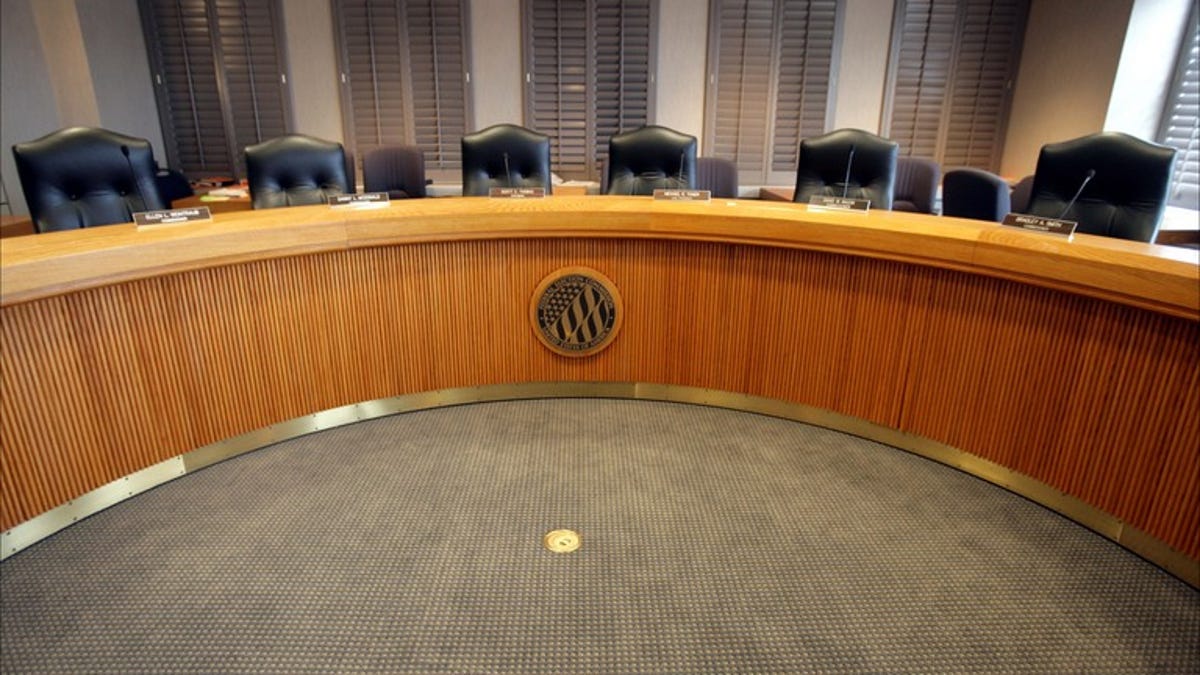Republican proposes legal shield for political bloggers
Texas congressman fears rules making political blogging exempt from campaign-finance laws could be changed and wants Congress to enshrine a legal shield in federal law.

A few years ago, the Federal Election Commission ruled that bloggers are eligible for the same exemptions from campaign-finance law as mainstream media outlets have enjoyed for decades.
But the FEC's membership will change over time, meaning that the beliefs of the commissioners are likely to change as well. So a future FEC could rule differently. That's what concerns Rep. Jeb Hensarling (R-Texas), a longtime proponent of
His answer: On Thursday, Hensarling introduced a four-page bill he's calling the Blogger Protection Act of 2008.
Hensarling intends to enshrine into U.S. law two components of what the Federal Election Commission decided in March 2006: namely, that when political bloggers and other Internet users write about candidates' positions, link to candidate Web sites, send or forward campaign-related messages, and create or host campaign-related Web sites, they generally need not report their activities to the government as "contributions" or "expenditures" on behalf of a candidate. A second section dictates that "any Internet or electronic publication (including a blog)" will be considered exempt from campaign-finance rules.
"Regulations can be changed without congressional action, and there's no telling what a future FEC might decide to do," the Texas congressman wrote in a recent letter to his House colleagues seeking co-sponsors for the measure. "Furthermore, the FEC is currently defunct because of vacancies and a lack of quorum."
Previous FEC rules have run into court trouble. In 2004, a federal judge threw out the regulators' attempts to exempt Internet political ads from campaign finance law, forcing new, narrower rules to be crafted.
The FEC, for its part, has already applied its rules to at least two specific cases involving allegations that political blogs ran afoul of campaign-finance laws. In both situations, which involved the liberal blog DailyKos and a blog that advocated the defeat of California Republican Rep. Mary Bono, the FEC ruled in a way that suggested political blogging was exempt from normal campaign-finance obligations.
Hensarling's bill doesn't appear to affect other portions of the existing FEC regulations, though. They require, among other things, that candidates, political parties, and other campaign organizations report any paid political advertising that appears on someone else's Web site and report any payments to bloggers or online commentators.